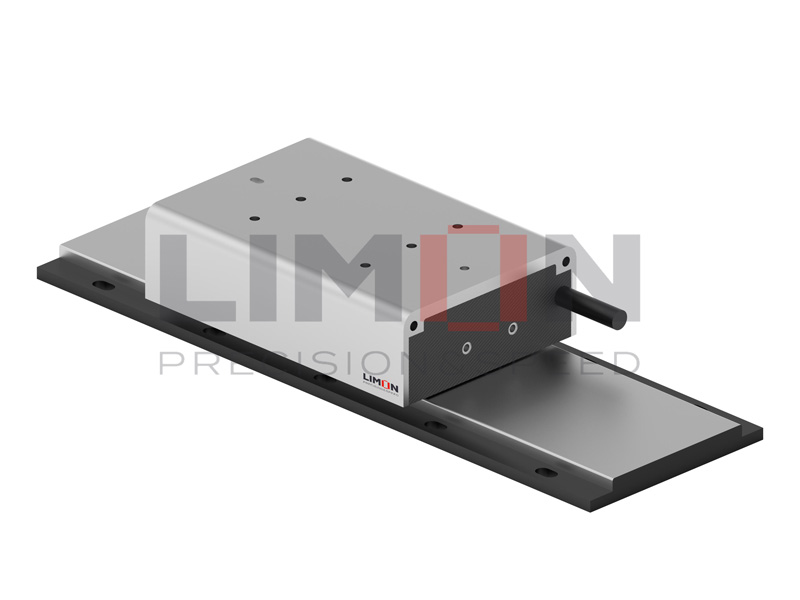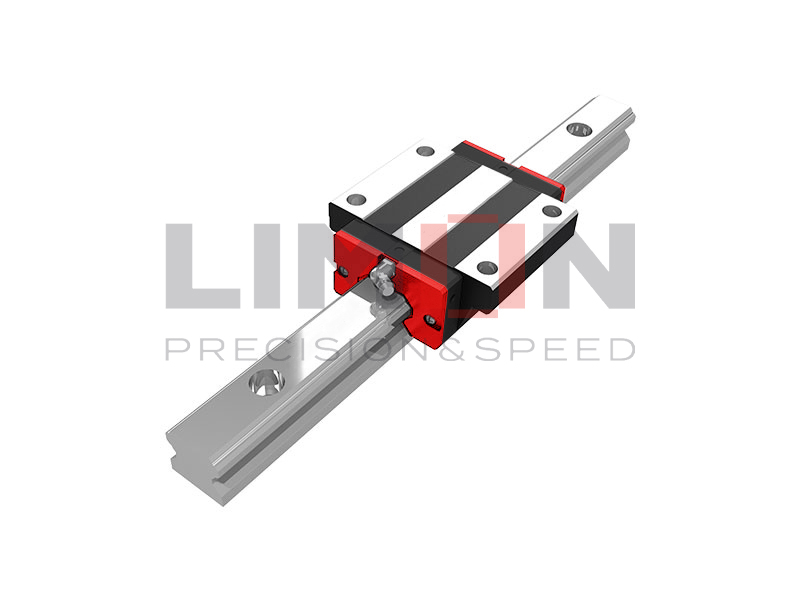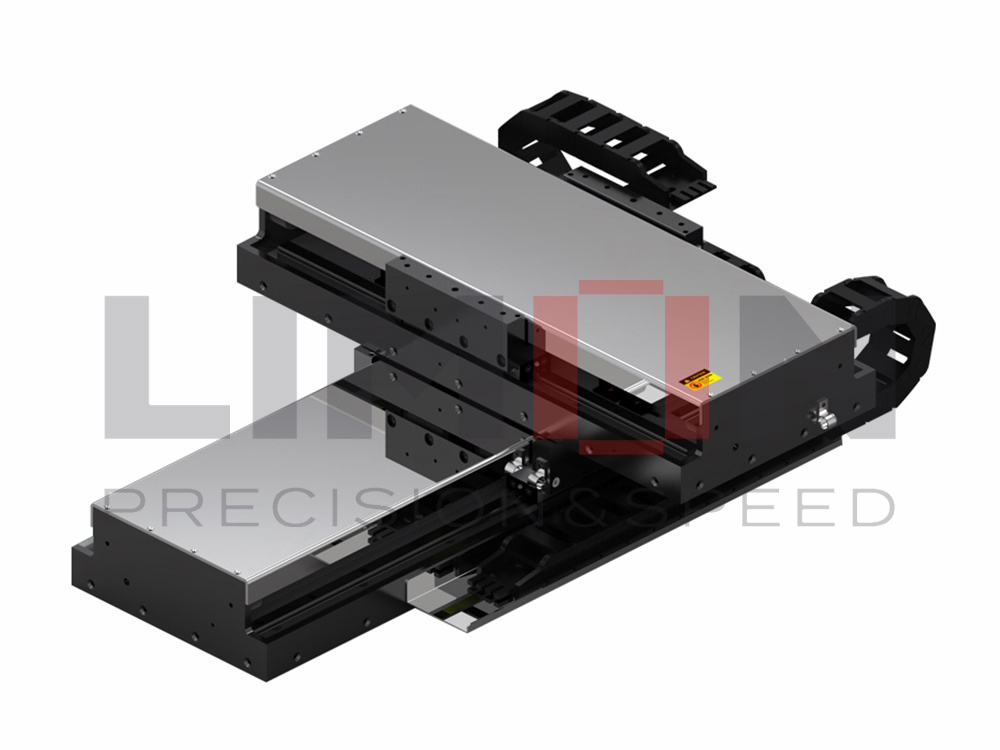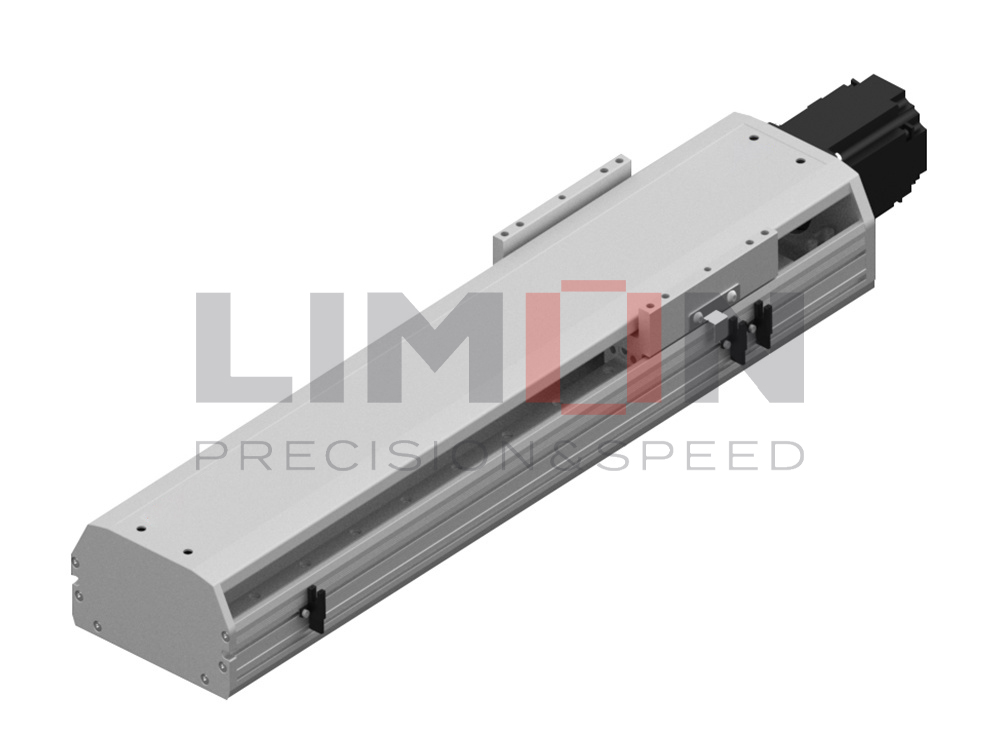1. Ground vs. Rolled Ball Screws:
Ground Ball Screws:
Precision Ground Ball Screws undergo a grinding process that results in high precision and accuracy.
They are suitable for applications requiring tight tolerances and superior positional accuracy.
Commonly used in CNC machinery, robotics, and aerospace applications.
Rolled Ball Screws:
Rolled Ball Screws are manufactured through a rolling process, making them more cost-effective.
While generally less precise than ground ball screws, they still offer excellent performance in various applications.
Found in applications where slightly lower precision is acceptable, such as in certain industrial machinery.
2. Single-Start vs. Multi-Start Ball Screws:
Single-Start Ball Screws:
Feature a single helical groove along the length of the screw shaft.
Provide high mechanical efficiency and precision.
Suitable for applications requiring fine resolution and accuracy, such as in semiconductor manufacturing.
Multi-Start Ball Screws:
Have multiple helical grooves along the screw shaft.
Offer faster linear motion but may sacrifice some precision.
Ideal for applications where speed is a priority, such as in certain automated assembly lines.
3. End Deflector Ball Screws:
End Deflector Ball Screws:
Equipped with end deflectors to help circulate the ball bearings more efficiently.
Offer improved load distribution and reduced noise during operation.
Commonly used in applications where smooth and quiet operation is crucial, such as medical devices.
4. High-Load Capacity Ball Screws:
High-Load Capacity Ball Screws:
Engineered to handle heavier loads and higher forces.
Feature a robust design with larger ball bearings and a reinforced ball nut.
Found in applications where the system operates under heavy loads, such as in heavy machinery and industrial presses.
5. Miniature Ball Screws:
Miniature Ball Screws:
Specially designed for applications with space constraints and low load requirements.
Compact in size with smaller ball bearings.
Commonly used in industries like electronics and medical devices where precision in small spaces is essential.
The diverse array of ball screw types allows engineers to choose the most suitable option based on specific application requirements. Whether it’s achieving ultra-precision in CNC machining or handling heavy loads in industrial settings, understanding the characteristics of different ball screw types is crucial for optimizing performance and efficiency in motion control systems.




